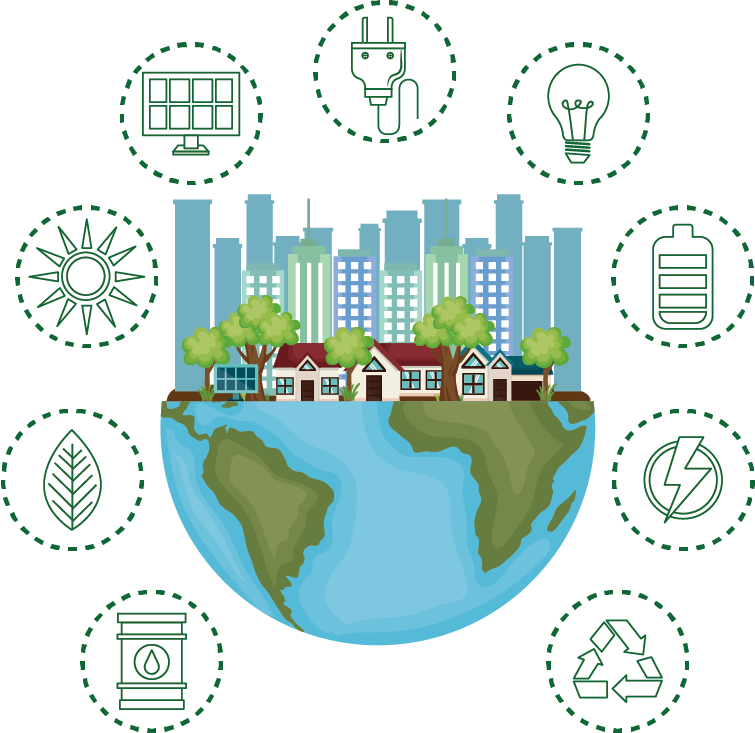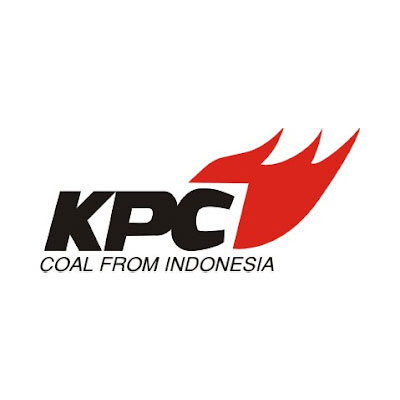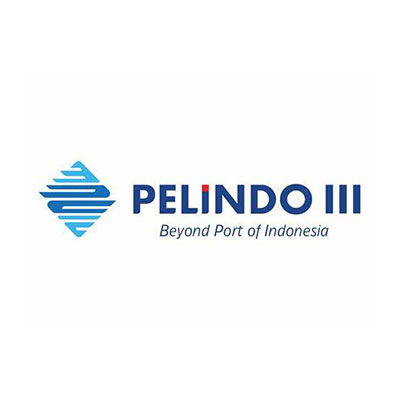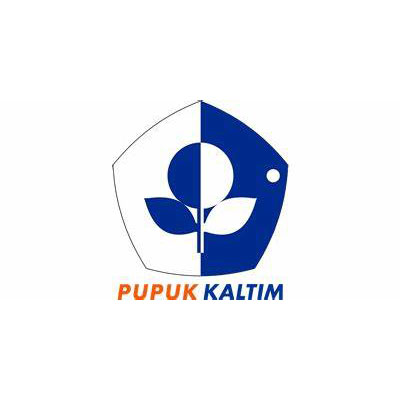In this modern era, technology is advancing rapidly, and one of the greatest innovations that has brought significant change is artificial intelligence (AI). Not only does it streamline business processes and improve operational efficiency, but AI also has great potential to support sustainability implementation. Its ability to analyze vast amounts of data, generate accurate predictions, and automate tasks makes it a powerful tool for tackling complex environmental challenges. From optimizing energy management to implementing precision agriculture that minimizes resource consumption, AI paves the way for innovative solutions that promote sustainability.
On a large scale, AI can be harnessed to organize cities, enhance traffic efficiency, and implement effective waste management practices. London’s public transportation system utilizes AI to optimize bus routes and schedules, reducing congestion and efficiency. This system has successfully reduced bus journeys by 10% and decreased emissions by 22,000 tons of CO2eq per year.1 In agriculture, AI is revolutionizing farming patterns through “precision farming.” AI can analyze various factors affecting crop growth, enabling the optimization of water, fertilizer, and pesticide usage, thus reducing the risk of pollution and promoting environmental conservation. Precision farming has proven to enhance agricultural production while reducing energy consumption and emissions.
In agriculture, AI is transforming farming patterns through “precision farming,” where AI can analyze various factors affecting plant growth and optimize the use of water, fertilizers, and pesticides, thus reducing the risk of pollution and supporting environmental conservation. This precision farming has been proven to increase agricultural production while reducing energy use and emissions.2
For companies, AI also plays a crucial role in enhancing operational efficiency. For instance, AI can be employed to anticipate and prevent equipment/machine failures before they occur, as AI can analyze data and perform real-time monitoring. This, certainly, can minimize costs and promote sustainable practices.3
In Indonesia, several companies have adopted AI technology to enhance their operational efficiency. For instance, Asian Pulp and Paper utilizes AI for forest monitoring. Aside from detecting potential fires and preventing them, AI can also scan the area even if a single tree is cut down.4 This technology is
undoubtedly crucial for preserving forest sustainability. Another example is Adaro, which employs AI to improve workplace safety. The AI system utilizes Advance Driving Monitoring System (ADAS) and Driver Monitoring System (DMS) cameras to analyze real-time deviations from mobile vehicle operation, such as deviations from safe distances, maximum speed limits, and driver fitness (e.g., not driving while fatigued, using a mobile phone, or not wearing a seatbelt).5
Various information technology companies offer AI-based programs related to sustainability. IBM offers Envizi to collect thousands of scattered data points, calculate emissions, and track companies’ progress in achieving their sustainability goals. Meanwhile, Xylem provides technology for water management: conservation, reuse, and returning water to the natural environment.
For companies, the current challenge is data quality. As a data-driven technology, AI requires extensive, accurate, and historical data, or data that captures trends from previous years, to make predictions for the future. However, many companies lack comprehensive and structured database systems. Additionally, some data is unavailable or unreliable, such as climate data needed for climate modeling. Another challenge lies in integrating legacy systems with modern AI technology. Significant costs are involved in revamping and purchasing AI-based programs.
On the other hand, in general, AI also contributes to increased energy consumption. The International Energy Agency (IEA) estimates that the electricity required for data centers will surge between 2022 and 2026 due to AI usage. For instance, a search using ChatGPT consumes 10 times more energy than a Google search. Moreover, UC Riverside predicts that global AI usage will lead to data centers consuming over 1 trillion gallons of freshwater by 2027.6
In facing increasingly complex global challenges, it is clear that artificial intelligence (AI) plays a pivotal role in driving sustainable practices. Companies must recognize that AI implementation is no longer an option but a pressing necessity for survival and growth in today’s modern era. AI offers innovative solutions that can enhance operational efficiency, reduce carbon footprints, and optimize resource utilization. To effectively adopt AI, companies can begin by identifying operational areas that stand to benefit most from AI, such as energy management, supply chains, or waste management. Next, they can forge partnerships with AI technology providers, invest in employee training and skill development, and ensure a robust data infrastructure. With a structured and strategic approach, companies can integrate AI into their sustainability practices, paving the way for a greener and more efficient future.
- Kirk, J.K. Achieving Net Zero with Artificial Intelligence. Analyticsengine.com. 3 Juli 2023. https://analyticsengines.com/resources/insights/achieving-net-zero-with-artificial-intelligence/
- Nichols, Darren. Benefits of Precision Farming: How AI is Transforming Agriculture. 7 Maret 2024. https://www.linkedin.com/pulse/benefits-precision-farming-how-ai-transforming-darren-nicholls-avyec/
- Szleter, Przemek. Practical Applications Of AI-Powered Predictive Maintenance For Renewable Energy Infrastructure. Forbes.com. 13 Juni 2024. https://www.forbes.com/sites/forbestechcouncil/2024/06/13/practical-applications-of-ai-powered-predictive-maintenance-for-renewable-energy-infrastructure/
- Sustainability Report APP 2023
- Sustainability Report Adaro 2023
- How AI Is Fueling a Boom in Data Centers and Energy Demand. Time.com. 12 Juni 2024. https://time.com/6987773/ai-data-centers-energy-usage-climate-change/

























































